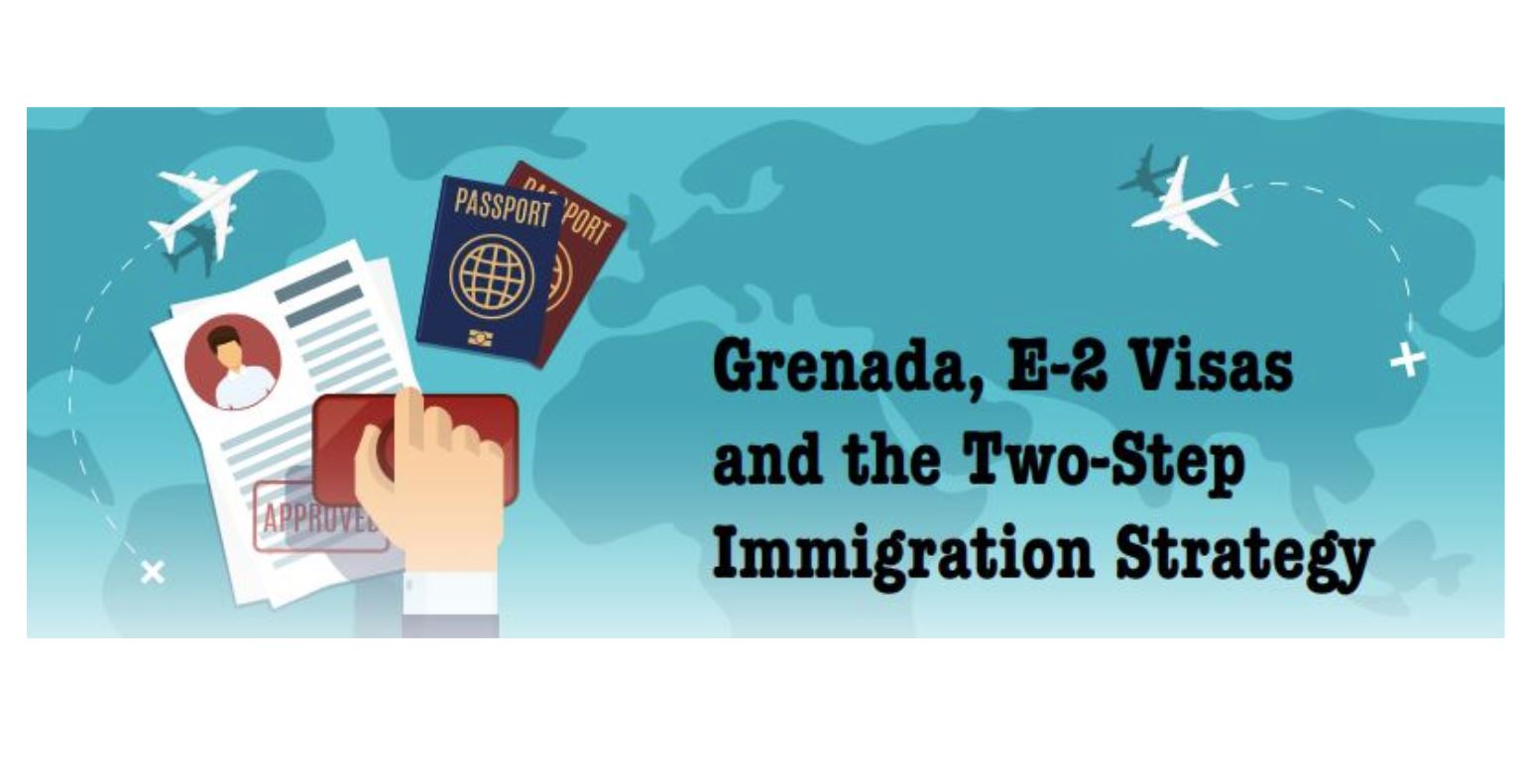By Lincoln Stone, Partner, Stone Grzegorek & Gonzalez, LLP & Michael Harris, Senior Attorney, Stone Grzegorek & Gonzalez, LLP
The visa backlog for EB-5 investors from China seems to have birthed the immigration version of an alternative fuels industry with the promotion of immigration solutions for just about any scenario. If the visa backlog extends in the future to Vietnam, then to India, without Congress intervening with more visa numbers, this alternatives industry is likely to keep growing. With the specious promotion of “EB-6 visas” and “red cards”, and the over-hyped touting of entrepreneur-like visas for the relatively passive investors who have filled most of the EB-5 quota, the immigrant investor industry has reason to be skeptical that these alternatives are sustainable. Skepticism should apply as well to the oft-promoted solution of investing to obtain a third country’s citizenship (for example, Grenada) and then pairing that new third-country passport with another investment in the United States to obtain the E-2 visa. To be sure, this two-step US immigration plan is perfectly suited to some of our immigrant entrepreneur clients who aim to be active in US business, and US businesses promoting certain well-structured investment opportunities may raise capital with this strategy. But the pool of legitimately-qualified applicants may be relatively small for the reasons explained here.
The E-2 visa is for investors who are in the process of making a substantial investment in a US business that the investor owns or controls. (This is not to be confused with the E-1 visa for individuals seeking to work in and oversee a US business engaged in substantial bilateral trade.) One essential to the discussion of the E visa is that it requires an investment treaty between the United States and the country of the investor or trader’s nationality. The United States does not have such treaties with all countries (see a listing of E-2 and E-1 treaty countries, https://travel.state.gov/content/travel/en/us-visas/visa-information-resources/fees/treaty.html. Notable non-treaty countries include the BRIC countries Brazil, Russia, India and China, as well as Vietnam, Turkey, and Indonesia.









